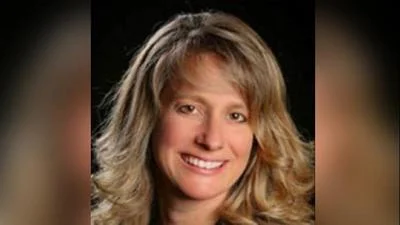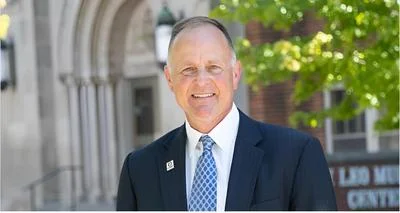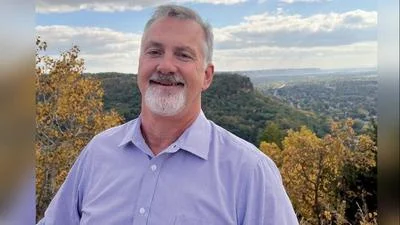Christian Phelps, Wisconsin State Representative for 93rd District | https://www.facebook.com
Christian Phelps, Wisconsin State Representative for 93rd District | https://www.facebook.com
According to the Wisconsin State Legislature's official website, the bill was described as follows: "certain limitations on claiming the veterans and surviving spouses property tax credit. (FE)".
The following is our breakdown, based on the actual bill text, and may include interpretation to clarify its provisions.
In essence, this bill amends existing statutes to allow individuals to claim both the farmland preservation tax credit and the veterans and surviving spouses property tax credit within the same tax year. Under the current law, claiming one of these credits bars the claimant from receiving the other in the same year. The farmland preservation tax credit supports individuals whose land is used for agriculture under specific agreements or easements, while the veterans and surviving spouses property tax credit reimburses eligible veterans or their surviving spouses for property taxes paid on their primary Wisconsin residence. The changes proposed in the bill would be applicable for taxable years starting January 1, 2025.
The bill was co-authored by Senator Jeff Smith (Democrat-31st District), Representative Mike Bare (Democrat-80th District), Representative Elijah R. Behnke (Republican-6th District), Representative Jill Billings (Democrat-95th District), Representative Brienne Brown (Democrat-43rd District). It was co-sponsored by Senator Kristin Dassler-Alfheim (Democrat-18th District), Senator Dianne H. Hesselbein (Democrat-27th District), and Senator Sarah Keyeski (Democrat-14th District), along 15 other co-sponsors.
Christian Phelps has co-authored or authored another 23 bills since the beginning of the 2025 session, with none of them being enacted.
Phelps graduated from Vassar College in 2016 with an AB.
Phelps, a Democrat, was elected to the Wisconsin State Assembly in 2025 to represent the state's 93rd Assembly district, replacing previous state representative Warren Petryk.
In Wisconsin, the legislative process starts when a senator, constituent, group, or agency proposes an idea for a bill. After drafting, the bill is introduced, numbered, and referred to a committee for review and public input. If approved, it moves through three readings and votes in both the Senate and Assembly. Once both chambers pass the same version, the bill goes to the governor, who can sign it, veto it, or let it become law without a signature. Only a small share of bills introduced each session ultimately become law. You can learn more about the Wisconsin legislative process here.
| Bill Number | Date Introduced | Short Description |
|---|---|---|
| AB264 | 05/19/2025 | Certain limitations on claiming the veterans and surviving spouses property tax credit. (FE) |
| AB220 | 04/23/2025 | Discrimination in employment, housing, public accommodations, education, insurance coverage, national guard, jury duty, and adoption and in the receipt of mental health or vocational rehabilitation services |
| AB150 | 03/17/2025 | Requiring the legislature to convene an extraordinary session if an executive order of the president of the United States freezes federal aid to the state |




 Alerts Sign-up
Alerts Sign-up